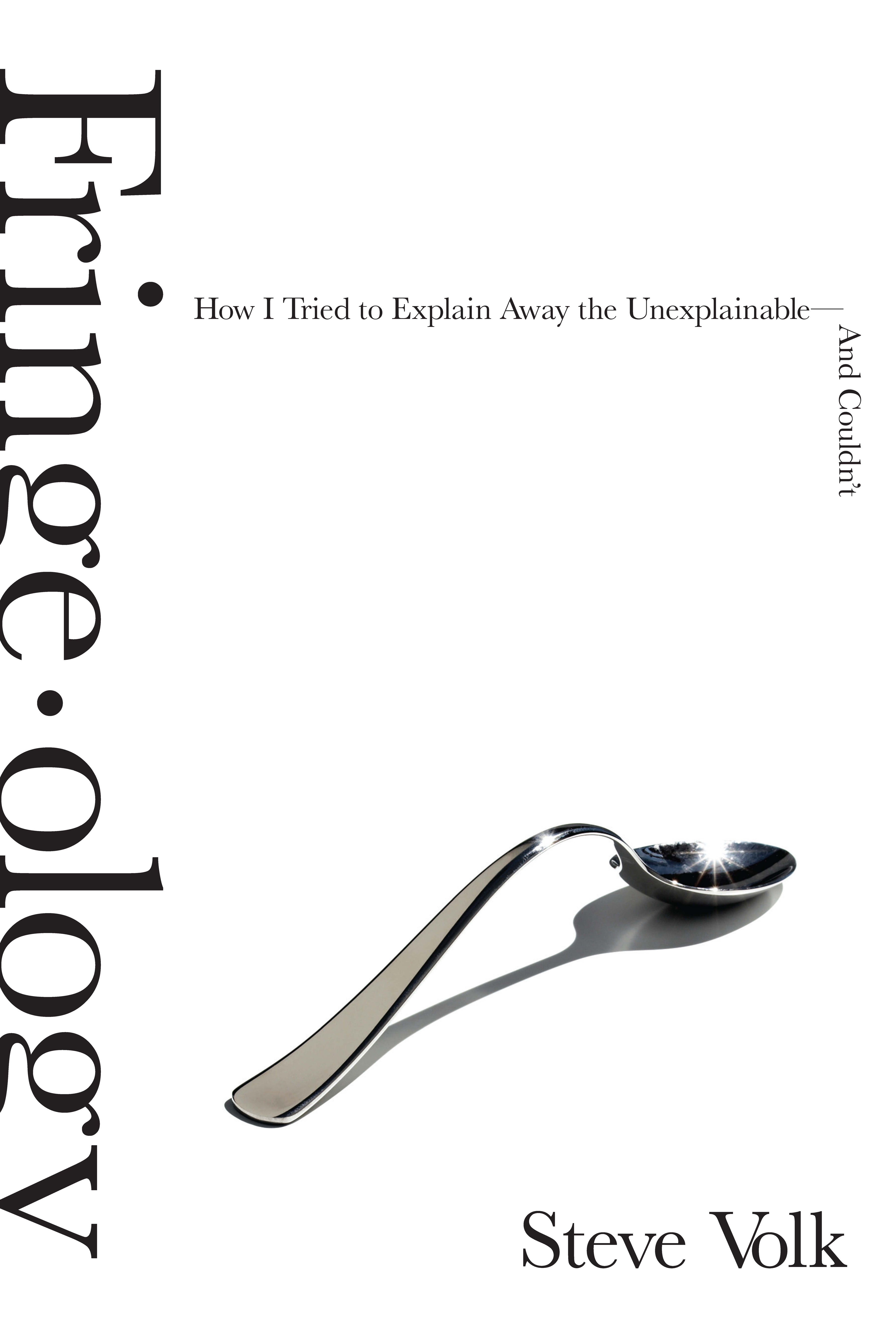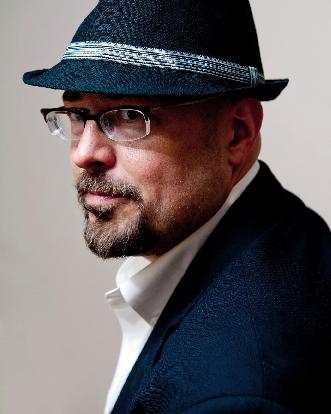
STEVE VOLK: It was late at night, and Elisabeth Kubler-Ross had swapped her hot cups of tea for whiskey sours. The room was filled with cigarette smoke. Kubler-Ross and her research partner, the Reverend Mwalimu Imara, were putting the finishing touches to On Death and Dying–the book that would make Kubler-Ross a star, introduce the once ubiquitous Five Stages of Grief and galvanize the international hospice movement. But there was one chapter still under discussion, a chapter in which Kubler-Ross addressed all the strange stories resuscitated patients told: about floating out of their bodies and meeting with deceased loved ones, of visiting what they took to be the afterlife. “Do I put this chapter in?” asked Kubler-Ross.
“Not if you want it published,” replied Imara.
On Death and Dying came out in 1969, with no mention of those classic Near Death Experiences. (The NDE didn’t  enter our cultural lexicon until 1975). But almost forty years later, the stigma against sharing any story with paranormal overtones persists.
enter our cultural lexicon until 1975). But almost forty years later, the stigma against sharing any story with paranormal overtones persists.
As a journalist, I find this state of affairs to be curious. Polls on the subject demonstrate that a majority of Americans hold some paranormal belief. A Reuter’s poll of people around the globe found a little more than half the world’s population believes in God and the afterlife. U.S. polls regularly show that about half of us believe some UFOs might be ET spacecraft. As a species, we believe in many things unproven. So it behooves us to learn to talk about them in an open, honest way.
My contribution is Fringe-ology: How I Tried to Explain Away the Unexplainable–And Couldn’t. In it, I weave numerous tales that bear the stigma of what I call The Paranormal Taint, including ghosts, the afterlife, mental telepathy, UFOs, dreaming, meditation and prayer. I hope the result is entertaining, a tour through a territory we in the mainstream too often neglect. But more than that, I hope the book acts as a permission slip, so that people might feel inclined to share these stories without fear of ridicule–or diminished job prospects. MORE
